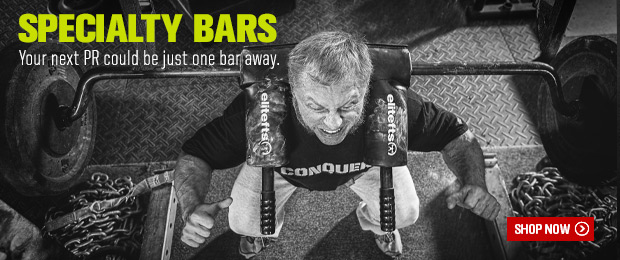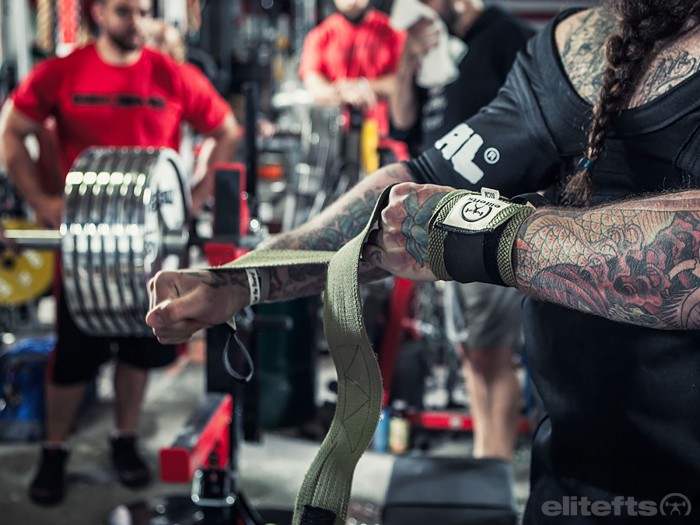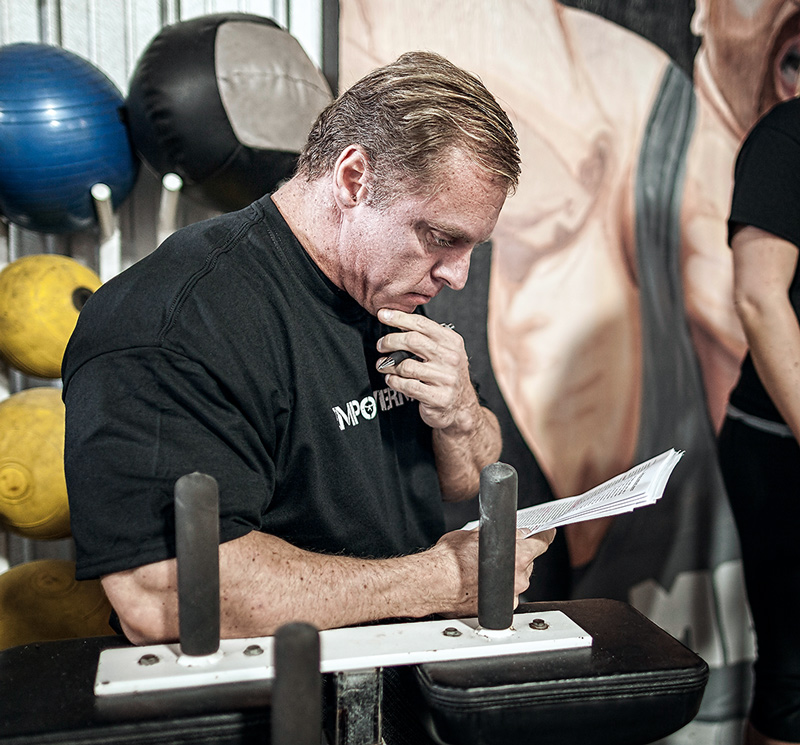I have just recently graduated from college and found myself in the same boat as a lot of other people with an exercise science degree. I don't feel that my degree prepared me for the jobs I hope to attain. I know that I will need to do a lot of self-educating to become prepared to apply for jobs in the strength and conditioning field.
In order to do this, I chose to speak to people in the industry that have the right experience and knowledge. I know that John Meadows is an extremely intelligent, self-motivated, and self-employed man, so I decided to reach out to John for some advice. Here is the conversation:
MJ: I have just graduated with my bachelors in exercise science and strength and conditioning. I learned very little about strength, conditioning, speed agility quickness, etc. This major was geared more towards people wanting to be personal trainers it seemed. Before I can pursue a career in the S&C field I need to teach myself about all this stuff. Now my question to you is, what do you do to help self educate yourself? I know reading and studying obviously, but I could read a book ten times about strength training but would only retain about a quarter of it. Do you quiz yourself, do you make yourself write papers, or do you watch videos followed buy reading articles on the same topic? Are you just simply one of those jerks that can read something once and retain every word of it? Thank you in advance, John
John: There are four main things.
1) Seek mentors.
The first thing I did was at a young age. I found people smarter than me to help me. I started going to the Parillo Performance center in the early 90's and training there as John Parillo and the people working there (my coach was Mike Matson) were awesome and very experienced. As I got older, I continued to learn from others such as Louie Simmons and Dr. Serrano. I continue to learn from guys like Dave Tate and others. You should always have mentors. If you think you know it all, there is a 100% chance you are wrong.
2) Become a problem solver with your clients and yourself.
I paid attention to what I was seeing with clients. When you work with hundreds if not thousands of people over the years, IF you pay attention and are passionate about it, you will undoubtedly start to become pretty good at it. You just need to look at each client and analyze what is happening to them based on what you are doing. It's a continual process.
The nice thing is that new clients always come along with new challenges. This is why I will always coach a certain number of people: to stay sharp. I had so many structural issues and weaknesses. This is a large reason why my training system evolved so much. It was also a continual problem-solving venture.
Walking the walk is another way to stay sharp. This cannot be replaced by any text book. Mastering problem-solving is the real skill here. If you get good at it, you will be successful. If not, you will have to constantly recycle new clients as many will just not get results. I still do not get the results I am looking for with all clients but I continue to try and learn and get better at problem solving.
3) Continue education.
My belief in the power of actual experience doesn't mean I discount science. This goes hand-in-hand with problem solving. You will find things that work, over and over, and should want to know why. Working with really educated people in the field can help explain these things, or at least give you ideas. You don't have to know everything, but I think it's great to want to know. I ask Scott Stevenson questions all the time about things that I know work, and he always has ideas of why this could be. I find these discussions very personally enriching, too. New discoveries in science can also prompt new ideas for you to test out. Sometimes results will pan out great, sometimes not so much. It is important to test out new ideas often.
4) Be true to yourself.
You must evolve and get better and better...but stay true to who you are. If you know something works without a shadow of a doubt, don't stop doing it because someone slaps one study in your face and says you are wrong. If someone tells you Ronnie Coleman trained as heavy as possible in every workout and your training approach is wrong because of this, don't believe that, either. Stand up for what you believe to help clients. Your clients that are getting good results always have the final say, not a study or your cousin who benched heavy seven days a week.












